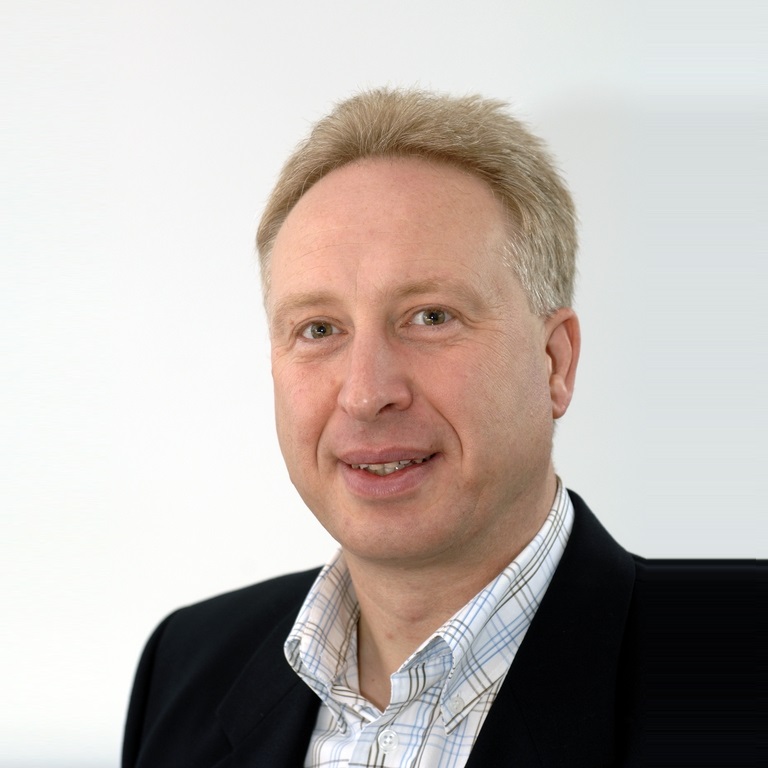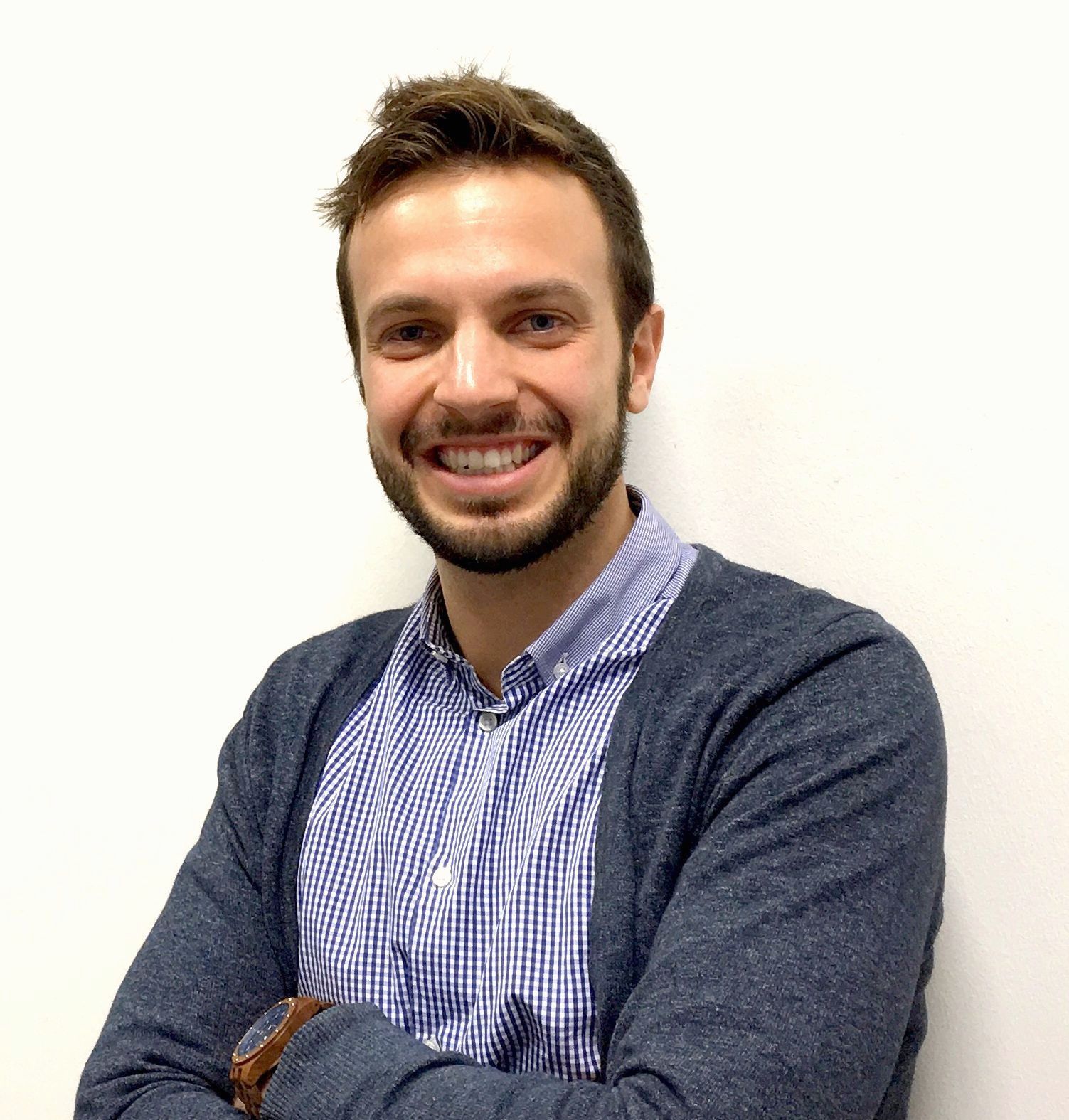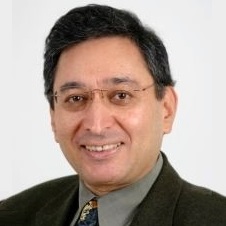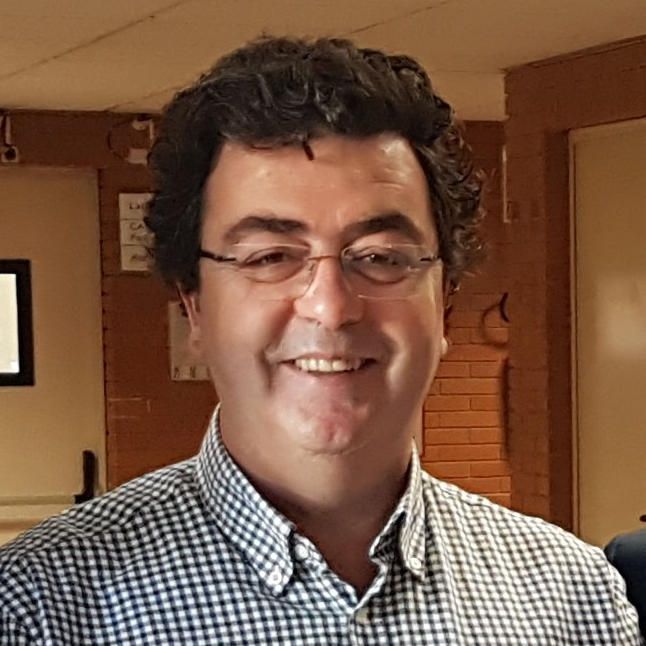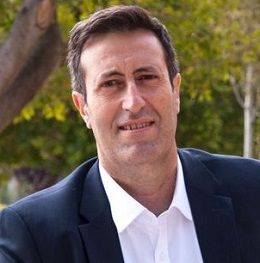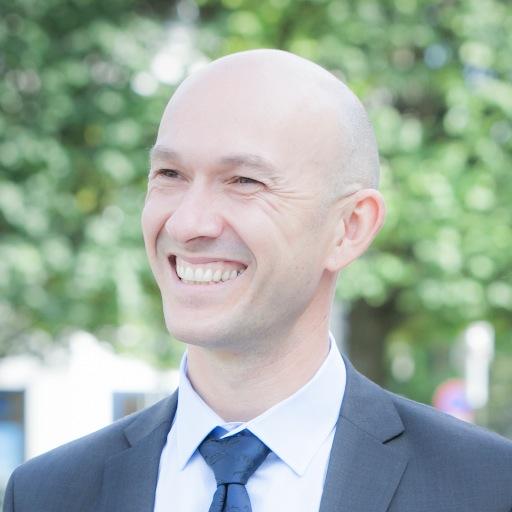Important dates
submission
submission
acceptance
May 20th, 2018
version
June 10th, 2018
Program committee chairs
Steering committee
Program committee
Gul Agha, University of Illinois at Urbana-Champaign, USA
Pedro Alvarez, Universidad de Zaragoza, Spain
Farhad Arbab, CWI, The Netherlands
Simon Bliudze, INRIA Lille – Nord Europe, France
Radu Calinescu, University of York, UK
Javier Camara, Carnegie Mellon University, USA
Flavio De Paoli, University of Milano Bicocca, Italy
Francisco J. Durán, Universidad de Malaga, Spain
Erik de Vink, Eindhoven University of Technology, The Netherlands
Schahram Dustdar, TU Wien, Austria
Letterio Galletta, IMT Lucca, Italy
Eva Kuhn, Vienna University of Technology, Austria
Alberto Lluch Lafuente, Technical University of Denmark
Sun Meng, Peking University, China
Hernan C. Melgratti, University of Buenos Aires, Argentina
Mohammad Mousavi, Halmstad University, Sweden
Pascal Poizat, Université Paris Ouest, France
Jose Proenca, INESC TEC & Universidade do Minho, Portugal
Gwen Salaün, University of Grenoble, France
Michael Sheng, University of Adelaide, Australia
Marjan Sirjani, Reykjavik University, Iceland
Carolyn Talcott, SRI International, USA
Massimo Tivoli, University of L'Aquila, Italy
Emilio Tuosto, University of Leicester, UK
Lina Ye, CentraleSupélec, France
Gianluigi Zavattaro, University of Bologna, Italy
Program
Opening & invited talk (Chair: Jean-Marie Jacquet)
Stefano Mariani
Coffee break ☕
Coordination Models (Chair: Jean-Marie Jacquet)
Ebrahim Ardeshir-Larijani and Farhad Arbab
Francisco Durán, Camilo Rocha and Gwen Salaün
Rúben Cruz and Jose Proenca
Lunch 🍔 🍟
Complex software systems (Chair: Jacopo Soldani)
Rocco De Nicola, Luca Di Stefano and Omar Inverso
Nahla El-Araby, Eva Kühn, Anita Messinger and Sophie Therese Radschek
Tong Wu, Qingshan Li, Lu Wang, Liu He and Yujie Li
Coffee break ☕
Invited talk & closing (Chair: Jacopo Soldani)
Antonio Brogi
Invited Talks
Coordination of Complex Socio-technical Systems: Challenges and Opportunities by Stefano Mariani.
Abstract.
Modern society is a growing interconnection of (sub)systems, such as healthcare, transportation networks, supply chain, etc.
Its complexity thus stems from both the inherent complexity of each subsystem, and the added complexity of interactions amongst subsystems.
The same can be said for modern IT systems, where managing interactions among components is at least as complex as designing the computational function of each component itself.
To make the picture even more complicated, IT systems and the society rarely are isolated systems: rather, the latter relies on the former for many vital services and functionalities, giving birth to the so-called Socio-technical Systems.
There, “humans-in-the-loop” are the norm rather than the exception, thus management of interactions further complicates: besides software-software, we now have software-human interactions to account for too.
In this talk, we focus on interactions-not computation.
Accordingly, we raise issues regarding modelling and designing coordination mechanisms and policies in this sort of systems - i.e. decentralisation, situatedness, accountability, emergence, etc. - and examine some possible solutions originating from the research area in coordination models and languages.
Microservices, microservices, microservices? by Antonio Brogi.
Abstract.
In this talk we will critically discuss the main characteristics of microservices and the potentially huge advantages offered by their adoption for managing enterprise applications. We will also show how a simple formalization of the main properties of microservices can be exploited both to automate property checking and to drive the refactoring of existing applications.
Past editions
FOCLASA 2017,
a satellite workshop of
SEFM 2017, Trento (Italy).
Proceedings in LNCS, vol. 10729, 2017.
Special issue in Science of Computer Programming, Elsevier [under preparation].
FOCLASA 2015,
a satellite workshop of
CONCUR 2015, Madrid (Spain).
Proceedings in EPTCS, vol. 201, 2015.
FOCLASA 2014,
a satellite workshop of
CONCUR 2014, Rome (Italy).
Proceedings in EPTCS, vol. 175, 2015.
FOCLASA 2013,
a satellite workshop of
ESOCC 2013, Málaga (Spain).
Proceedings in Communications in Computing and Information Science, vol. 393, 2013, Springer.
Special issue in Science of Computer Programming, vol. 115-116, Elsevier, 2016.
FOCLASA 2012,
a satellite workshop of
CONCUR 2012, Newcastle (United Kingdom).
Proceedings in EPTCS, vol. 91, 2012.
Special issue in Science of Computer Programming, vol. 115-116, Elsevier, 2016.
FOCLASA 2011,
a satellite workshop of CONCUR 2011, Aachen (Germany).
Proceedings in EPTCS, vol. 58, 2011.
Special issue in Science of Computer Programming, vol. 89 (Part A), Elsevier, 2014.
FOCLASA 2010,
a satellite workshop of CONCUR 2010, Paris (France).
Proceedings in EPTCS, vol. 30, 2010.
Special issue in Science of Computer Programming, vol. 80 (Part A), Elsevier, 2014.
FOCLASA 2009,
a satellite workshop of ICALP 2009, Rhodes (Greece).
Proceedings in ENTCS, vol. 255, 2009.
Special issue in Science of Computer Programming, vol. 77(7-8), Elsevier.
FOCLASA 2008,
a satellite workshop of ICALP 2008, Reykjavik (Iceland).
Proceedings in ENTCS, vol. 248, 2009.
Special issue in Science of Computer Programming, vol. 76(8), Elsevier.
FOCLASA 2007,
a satellite workshop of CONCUR 2007, Lisbon (Portugal).
Proceedings in ENTCS, vol. 194(4), 2008.
Special issue in Science of Computer Programming, vol. 76(1), Elsevier.
FOCLASA 2006,
a satellite workshop of CONCUR 2006, Bonn (Germany).
Proceedings in ENTCS, vol. 175(2), 2007.
Special issue in Science of Computer Programming, vol. 74(9), Elsevier.
FOCLASA 2005,
a satellite workshop of CONCUR 2005, San Francisco (USA).
Proceedings in ENTCS, vol. 154(1), 2006.
Special issue in Science of Computer Programming, vol. 66(2), Elsevier, 2007.
FOCLASA 2004,
a satellite workshop of CONCUR 2004, London (United Kingdom).
Proceedings in ENTCS, vol. 180(2), 2007.
FOCLASA 2003,
a satellite workshop of CONCUR 2003, Marseille (France).
Proceedings in ENTCS, vol. 97, 2004.
Special issue in Science of Computer Programming, vol. 61(2), Elsevier, 2006.
FOCLASA 2002,
a satellite workshop of CONCUR 2002, Brno (Czech Republic).
Proceedings in ENTCS, vol. 68(3), 2003.
Special issue in Fundamenta Informaticae, vol 73(4), IOSPress, 2006.
Contacts
For any further information please contact foclasa_at_di.unipi.it.
